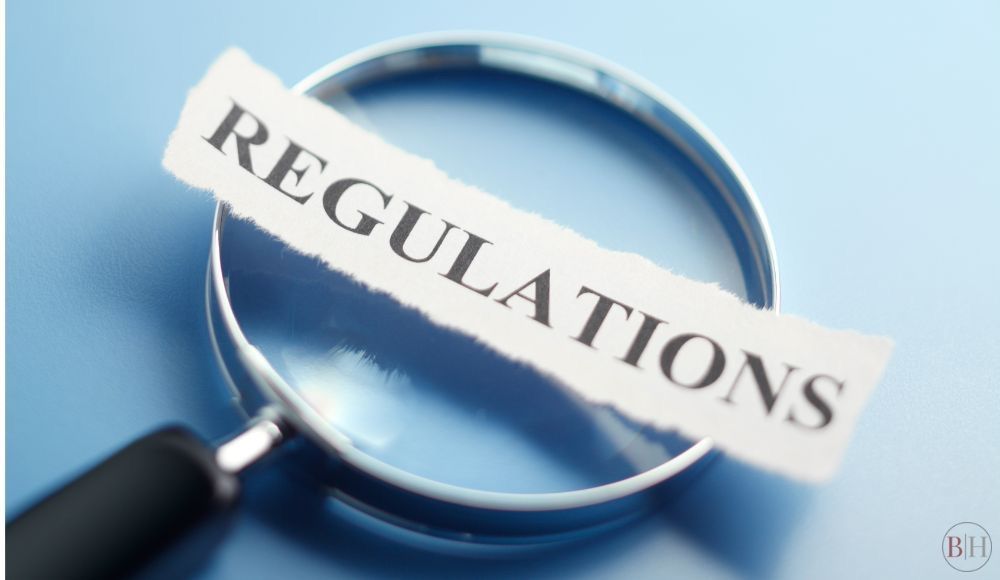Social Media’s Potential Impact on Your Lawsuit

If you are currently involved in civil litigation, you need to understand how social media can affect the outcome of your case. According to Hootsuite, more than 4.74 billion people worldwide use social media – Facebook, Twitter, Instagram, YouTube, Tik Tok, etc. Over 75% of the world's population (ages 13 and up) and 76% of North Americans use social media.
These statistics probably come as no surprise, and you might be hard-pressed to find a friend with NO social media presence. Social media is a great way to keep in touch with family, let people know what you're up to, share information, catch up with old friends, etc.
You've probably also heard about social media's harmful effects on people's lives. Someone makes a comment that offends their cousin, who never speaks to them again, or someone sees a picture from a party they were not invited to and becomes hurt or angry. And if you're involved in a lawsuit, anything posted (by you, a friend, or anyone) can have a negative impact on the outcome of your case.
You might think, "No worries. All of my social media accounts are private." Nothing could be further from the truth. Aura reports, "…in some cases, posts you share privately with friends or in private groups can be shared publicly without your permission. And if your friends don't follow the same stringent social media privacy settings that you do, anyone could access this information…"
Furthermore, while each state has its own laws regarding public records, social media is considered public record in every state. Therefore, if you are involved in a lawsuit, you may be required (by court order) to share all of your social media posts. And remember… social media – including posts, comments, messages, tags, etc. - is a permanent, digital record of everything you or anyone else has posted. Even deleted posts can sometimes be recovered.
Every picture or statement you make on social media can have an unintended negative effect on the outcome of your civil litigation, leading to lower compensation or no compensation at all. For example, let's say that your lawsuit claims that you hurt your back after falling on a slippery floor in the grocery store, causing pain and suffering and the inability to work.
- Then you post a picture of you checking in at the gym. To a jury, it will look like you're exaggerating or making up your injury – even if you're just at the gym to support a friend.
- You're tagged in a post made by a friend that contradicts your version of what happened.
- You admit in a comment that you may have been partially responsible for the accident.
- You post photos of your injury that the defense uses to question how serious the injuries really were.
The Miranda warning states, "You have the right to remain silent. Anything you say can be used against you in a court of law." Defense attorneys are just waiting for you to say something on social media that they can use against you.
8 Social Media Tips When Involved in Civil Litigation
1. Your best bet is to stay off social media while the lawsuit is pending.
2. Ask your friends and family to leave you out of their posts – no mentions or photos of you, no tagging you, etc.
3. If you do get mentioned or tagged, untag yourself or ask your friend to do so and send it to your litigation lawyer.
4. If you feel the need to post something, share it with your civil litigation attorney before posting it.
5. Don't post ANYTHING about your accident, injury, or case, and ignore comments about your case.
6. Don't post anything you discuss with your lawyer.
7. Make all of your content on all of your social media platforms as private as possible (but remember that nothing is truly private on social media).
8. Do not accept friend requests from people you don't recognize. It could be a fake profile from someone looking for evidence to use against you.
Find a Good Litigation Attorney
Whether you are the plaintiff or defendant, the Bingaman Hess litigation lawyers thoroughly analyze each situation and provide knowledgeable guidance. Our goal is to successfully resolve your legal disputes as efficiently as possible.
Give us a call today at 610.374.8377 or find us online.









